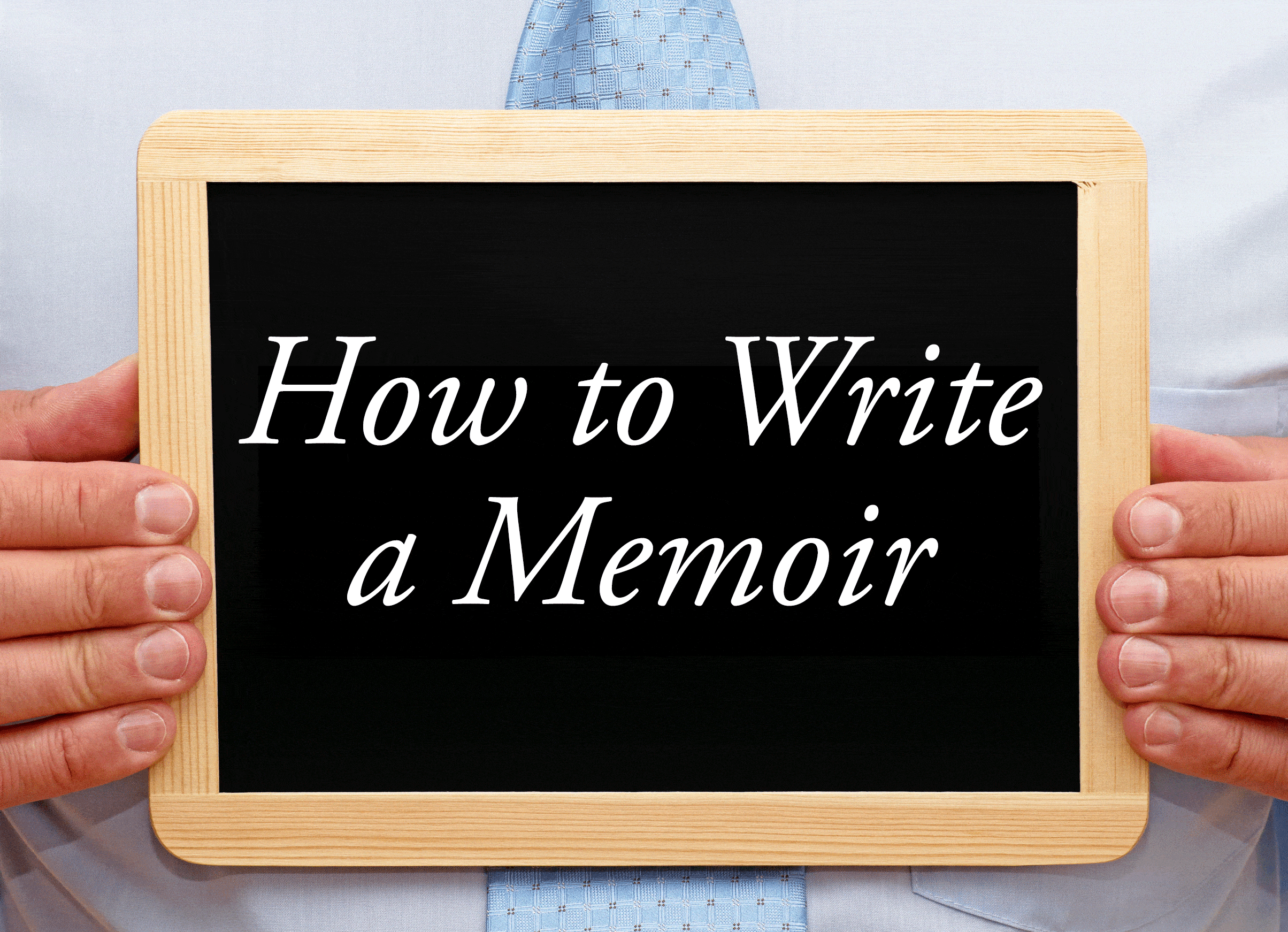Telling Your Life Story Via Its Meaning
Many authors set out to write their life stories believing they must tell the entire tale from beginning to end, including all the bits in between.
While that would be a complete presentation of your life story, odds are it would also be a boring and aimless recitation of too many facts – one “and then I did” followed by another and another and another, with little rhyme or reason for the inclusion of all those details.
That’s why stuffing everything that ever happened to you into your life story isn’t the best approach.
A Better Approach to Your Life Story
Instead, think of all the facts, events, people, places, and whatnot in your life as being a huge pile of bricks of various sizes and shapes. They are strewn about in no particular order, many of them randomly stacked on top of each other ten, twenty, or even fifty feet into the sky. If you invited people to examine all your bricks, one after the other, you probably wouldn’t get many takers. And the few who agreed would no doubt give up long before they finished working their way through that gigantic, disorganized pile.
Suppose, instead, you went through these bricks and sorted them carefully into either a “keep” or a “discard” pile, depending on their size and shape. Then, you used the keepers to build something that represented you—maybe a gigantic statue of yourself, a mighty castle, or an elegant, soaring bridge. Once you finished, you’d find it relatively easy to get people to inspect your handiwork and applaud what you created.
You can use the same approach when writing your life story. Sort through the bricks, the facts, events, people, places, and whatnot of your life story carefully. Then go through each pile and separate the bricks into keepers and discards, and consider how you want to assemble the keepers. Spend a lot of time thinking about what you want your readers to see or feel at the beginning and end of your life story.
The Entirety Versus the Meaning
To some people, writing a life story means including it all, and they cannot choose from among the various elements.
But remember: the story of your life is not necessarily the entirety of your life.
The true story of your life is the meaning you’ve found in your life. And that meaning is reflected in the victories and defeats you have celebrated and suffered; the lessons you have learned; what attracts and what repels you; your loves and losses; and so on.
Think of it this way: the meaning you’ve found in your life could be encapsulated in a few phrases, or perhaps a few short sentences, that capture the essence of your life and how you have lived it. That’s what you should write about.
Suppose, for example, the meaning that I’ve found in life is centered around my families; the one of my origin and the one of my own making. If I were to write my life story, I would sort through all the bits and pieces of my life to find those relating to family, including facts about my family, my ideas about family, my experiences with my family, and so on.
I would not spend a lot of time—or any time—writing about my schooling. Yes, I had good friends in school, belonged to interesting clubs, won some awards, and so on. But I would probably relegate most of the facts related to my schooling to the discard pile because they don’t involve my family, and therefore don’t have much of an impact on the meaning of my life. Similarly, I may have funny stories about work, travel, and hobbies, but if they don’t relate to family, they don’t deserve a lot of page time, if any at all.
Once you have discovered the meaning that you’ve found in life you can build your story around it, carefully sorting through the facts/events/people/places/whatnot of your life to find those that will help the readers understand the meaning of your life—and hence, of your life story.
Finding the Meaning of Your Life
If you’re not sure what the meaning of your life is, ask yourself questions such as these:
- Who, or what, would I be willing to sacrifice my job, possessions, wealth, or even life for?
- Suppose I knew that my coffin would be opened 500 years after I died. If I could only put one thing in my coffin to tell people who I was, what would that be?
- What do I really look forward to doing?
- Of all the things I have, from friends to possessions to memories, which one, if I lose it, would hurt me the most?
- If I could snap my fingers and correct just one wrong in the world, what would it be?
- If I could snap my fingers and give just one thing to everyone in the world, what would it be?
- If I were to pick one historical person or event to represent my own life story, what would it be?
- What things do I thoroughly enjoy doing, and am sorry when I’ve finished doing them?
- Who do I genuinely look forward to seeing, and why?
- If I were appointed head of the country, what one law would I pass—or eliminate—first?
- If I were to win the big lotto, what would I do with the money?
- What am I most proud of having done?
- What five or ten words would best represent my life story?
- If I were to be stranded on a deserted island and could only have one book or one piece of music with me, what would it be?
- If I could do anything I wanted, without anyone knowing that I did it, what would I do?
- If I could leave only one thing behind for my children, what would that be?
- If I were to summarize my life in one paragraph, what would I write about?
- What am I most ashamed of having done or said?
- What am I proudest of having done or said?
These are not the only questions you can ask to discover the meaning of your life, and hence, your life story. But they’ll get you started.
Why is the Meaning Important?
The meaning of your life story is the backbone of your book. It’s the organizing principle, the center around which you arrange the various facts, people, places, events, stories, and so on. Not only is the meaning your story’s backbone, it also gives the readers a glimpse into your heart and mind, which makes your story much more than a recitation of facts—and much more interesting.
You may struggle to find the meaning in your life story, and may not wish to set aside certain funny stories or lists of facts that do not relate to it. But set them aside anyway. Your life story will be all the more interesting when it’s centered on its meaning, and your book will be much more interesting to your readers.
IF YOU’D LIKE HELP WRITING YOUR LIFE STORY…

Contact us! We’re Barry Fox and Nadine Taylor, professional ghostwriters and authors with a long list of satisfied clients and editors at major publishing houses.
You can learn about our memoir/autobiography ghostwriting work and credentials on our Memoir Ghostwriter Page.
For more information, call us at 818-917-5362 or use the contact form below to send us a message. We’d love to talk to you about writing your life story!
Please Note: Although we’re based in Los Angeles, California, we travel around the U.S. and abroad to meet with our authors. We do not ghostwrite screenplays, books for children, poetry, or school papers.










